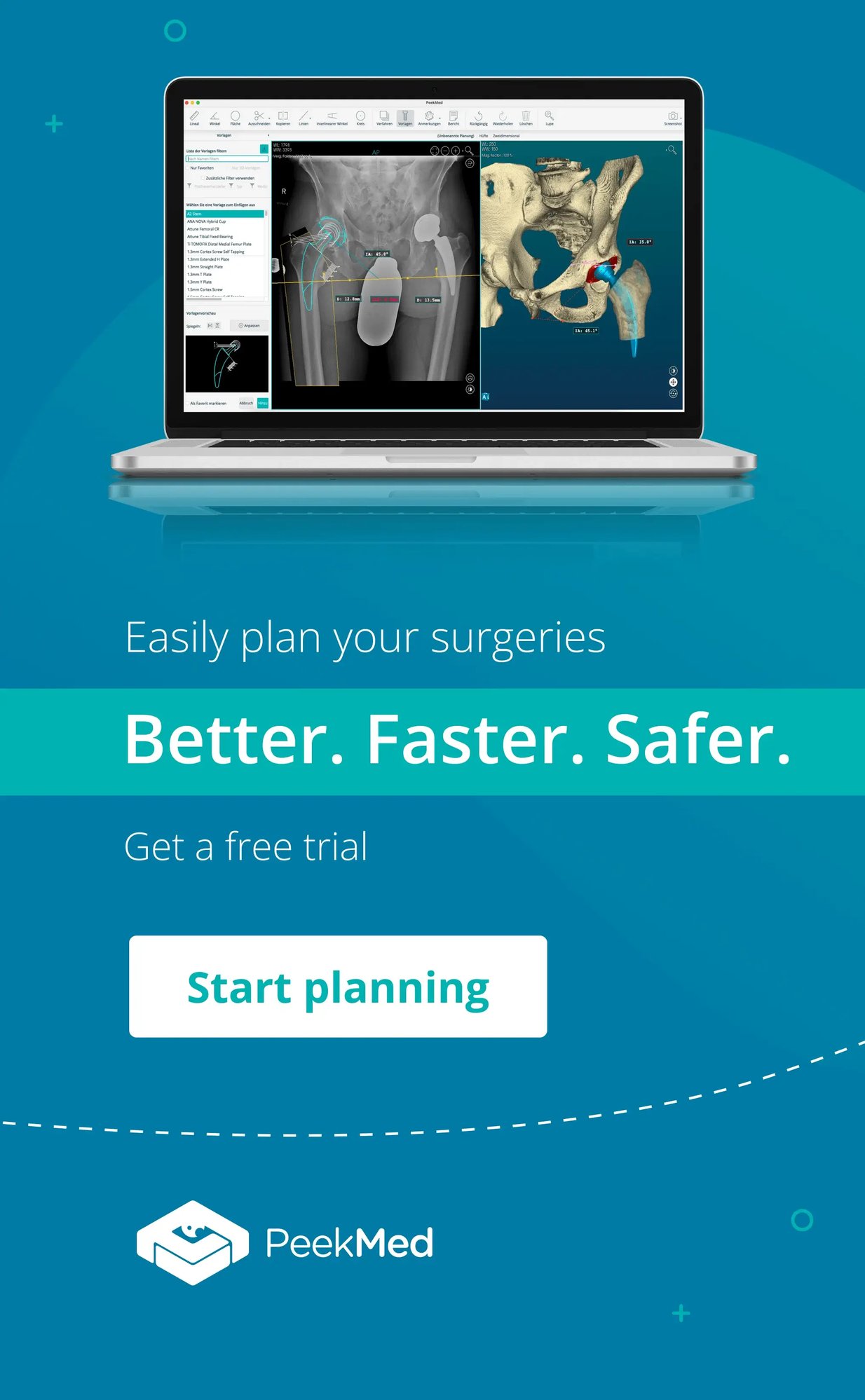Back to main blog
PeekMed
The term "population health" was coined to acknowledge the wide-ranging impact of factors such as education, employment, environment, lifestyle, and public safety on our well-being, beyond the traditional healthcare system.
Technology is revolutionizing population health, as internet and smartphone connectivity are enabling patients and healthcare providers to connect in new, more meaningful ways. This shift is transforming healthcare and creating new opportunities for managing health. But the question remains: does more technology necessarily mean better care?
With the rise of smartphones, they are increasingly playing the role of "pre-doctors", allowing people to self-diagnose through a simple mobile connection. Apps have transformed our lives, enabling patients to send pictures to doctors who can provide timely analysis and recommendations. The traditional hierarchy of medicine, where doctors are the ultimate authority, has been challenged by these technological advancements. As patients gain greater access to medical updates, it is likely that they will take on more power in managing their own health.
Healthcare professionals, and more specifically orthopedic surgeons’, primary goal is to provide the best possible care to their patients. In recent years, technological advancements have allowed them to achieve better outcomes and faster recoveries for their patients:
In conclusion, while technology has certainly revolutionized the field of orthopedics, it is important to remember that it should never replace the importance of personalized and patient-centered care. Technology should be used as a tool to enhance the expertise and skill of orthopedic surgeons and doctors, rather than replacing it. By carefully considering the benefits and risks of each technological advancement and assessing each individual patient’s needs, it is possible to provide the best care.
Technology is revolutionizing population health, as internet and smartphone connectivity are enabling patients and healthcare providers to connect in new, more meaningful ways. This shift is transforming healthcare and creating new opportunities for managing health. But the question remains: does more technology necessarily mean better care?
With the rise of smartphones, they are increasingly playing the role of "pre-doctors", allowing people to self-diagnose through a simple mobile connection. Apps have transformed our lives, enabling patients to send pictures to doctors who can provide timely analysis and recommendations. The traditional hierarchy of medicine, where doctors are the ultimate authority, has been challenged by these technological advancements. As patients gain greater access to medical updates, it is likely that they will take on more power in managing their own health.
Healthcare professionals, and more specifically orthopedic surgeons’, primary goal is to provide the best possible care to their patients. In recent years, technological advancements have allowed them to achieve better outcomes and faster recoveries for their patients:
- 3D imaging in pre-operative planning is allowing surgeons to create accurate models of the patient's anatomy and develop a surgical plan before entering the operating room;
- Robotic surgery is permitting greater precision and accuracy in implant placement and less invasive procedures, resulting in shorter recovery times;
- Virtual and augmented reality is being used for training purposes, reducing the risk of errors during surgery;
- Smart implants embedded with sensors are providing real-time feedback to medical professionals, enabling earlier detection of potential issues and more personalized treatment;
- 3D printing is allowing implants to be designed to fit the patient's unique anatomy.
In conclusion, while technology has certainly revolutionized the field of orthopedics, it is important to remember that it should never replace the importance of personalized and patient-centered care. Technology should be used as a tool to enhance the expertise and skill of orthopedic surgeons and doctors, rather than replacing it. By carefully considering the benefits and risks of each technological advancement and assessing each individual patient’s needs, it is possible to provide the best care.



